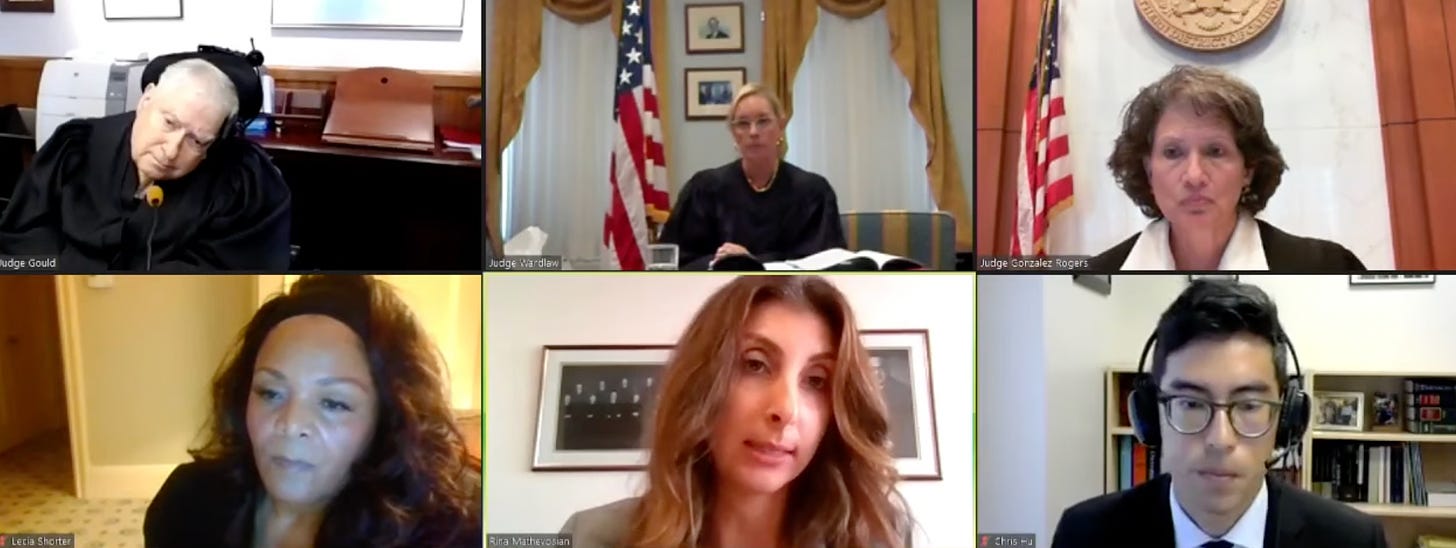Jury awards $10K to disbarred lawyer who went pro se in civil rights trial over L.A. jail abuses
A disastrous few days in court appears to have been rectified by the facts behind the legal claims, which a federal appellate panel said in 2021 were meritorious.

A federal jury has awarded a disbarred lawyer $10,000 for abuses she suffered while j…


